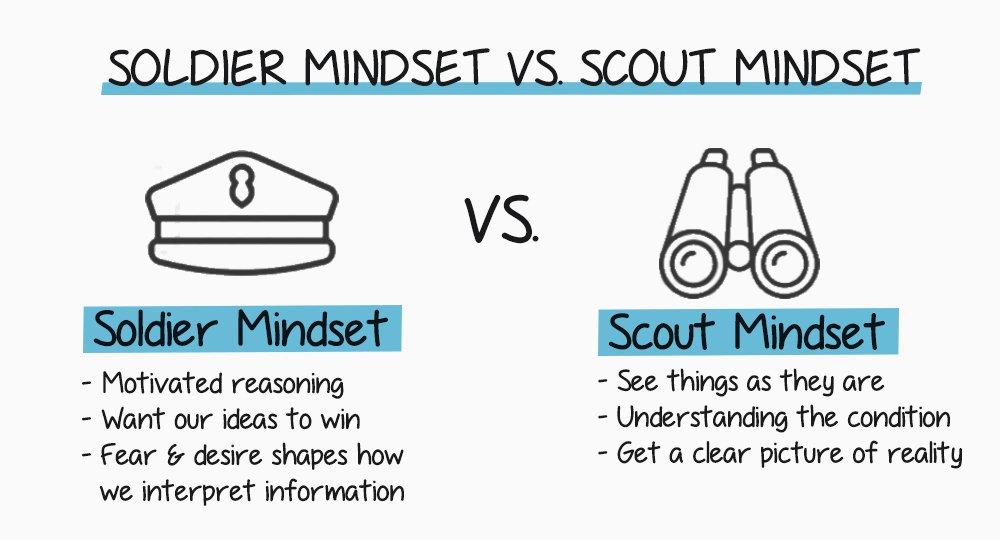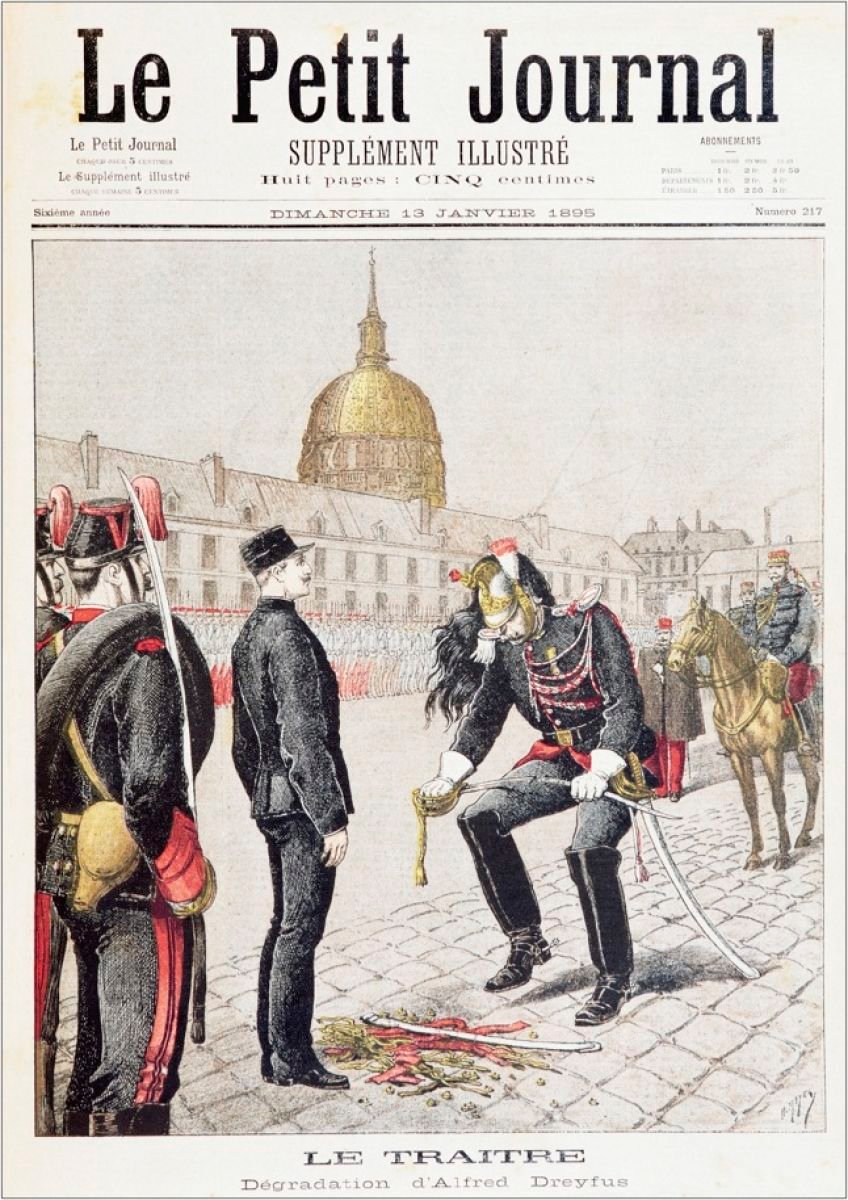
Was the real hero of the Dreyfus affair, the casually anti-Semitic Colonel Picquart?
Was Col. Picquart's motivation to find the truth the quintessential scout mind?
If you want to build a ship, don't drum up people to collect wood and don't assign them tasks and work, but rather teach them to long for the endless immensity of the sea.
Antoine de Saint-Exupery
The soldier
Motivated reasoning
The soldier's conscious & unsconsious motivations, desires & fears shape the ways he interprets information. Like the French general staff who made the case against Dreyfus, some information is his ally. His enemy is other ideas that do not fit into his preconceived biases. His reasoning is motivated, like the anti-Semitic bias in the French military of the time. His judgement is influenced by which side he wants to win.
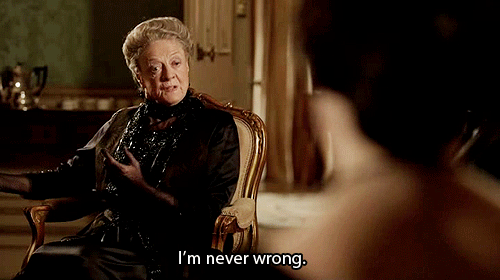
The scout
Truth seekers
The scout, like Col. Picquart, has the drive to see what's really there. Not to a desire to see one idea win or lose. Col Picquart overcame his own anti-Semitic bias & prejudices to find the truth & to uphold it.
Minsdsets are rooted in our emotions. Mindsets determine our judgment.
Are we grounded?
Do we measure our self-worth, as a person, by how right or wrong we are?
Do we regard it as virtuous to test our own beliefs?
How To Test Our Reasoning, Our Mindsets: The Bayes' Rule
Bayes Rule can be an essential framework on to test our reasoning on what to believe, how confidently to believe & how to shift your beliefs as your encounter new information about the world.
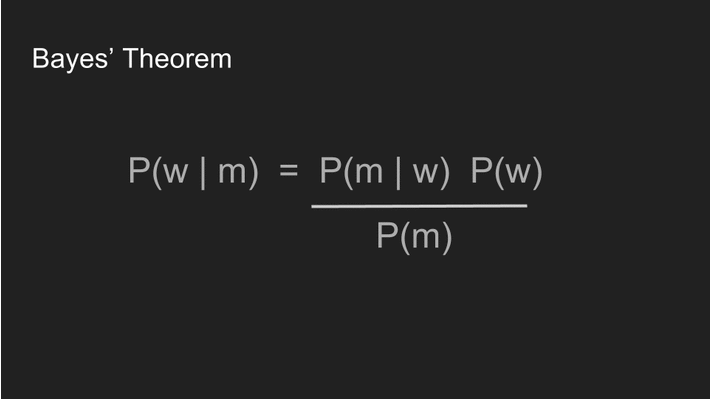
1. Remember your priors.
Focus on your background knowledge.
Beware of Base Rate Neglect.
The base rate fallacy
Also called base rate neglect or base rate bias, is a formal fallacy. If presented with related base rate information (i.e. generic, general information) and specific information (information only pertaining to a certain case), the mind tends to ignore the former and focus on the latter.
2. Imagine your theory's wrong. Would the world look different?
Seeing a new piece of evidence should not make me feel more confident that I was right. It should not shift my probability that I was right.
We go around the world seeing pieces of evidence that we can explain with our current, pet theory, making us all the more confident that we are right.
What if I were wrong? What would I expect to see then? How different would it be then? How different is it, if at all, from what I see now?
3. Update incrementally.
Pay attention to snowflakes of evidence. Their collective weight can break a tree branch. snowflakes of a

Bayes' theorem
ˈbeɪz θɪərəm/
noun: Bayes' theorem
a theorem describing how the conditional probability of each of a set of possible causes for a given observed outcome can be computed from knowledge of the probability of each cause and the conditional probability of the outcome of each cause.
Origin
mid 19th century: named after Thomas Bayes (1702–61), English mathematician.
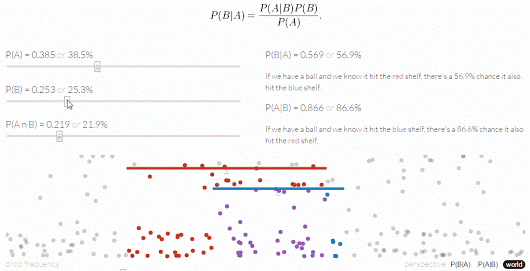
What do you yearn most for?
Do you yearn for your own beliefs?
Do you yearn to see the world as accurately as you possibly can?
Is making good decisions & accurate judgement about the mindset that you are in?
Your working world has changed forever. Through internet marketing, you can make the internet work for you. Even earn free bitcoin.
Even if the elites choose not to end financial folly & continue to make currencies fail you now have a choice in money. Goldmoney, the Uber or Airbnb of money, facilitates your own personal gold standard via a Goldmoney account.
Let's connect on: Twitter | Instagram | Medium
You may also like these recent posts: Consolicer Silver Jewelry Cleaner prevents silver tarnish | The Gilgal Principle: Total war against sin. No negotiation. No co-existence. No compromise. No flirting. | The anti-Trump: Mark Zuckerberg at Harvard advocates fixing wealth inequality, globalism, climate change, solar panels, curing diseases, human genome, education & voting. | Mi Shebeirach: What Mark Zuckerberg prays when he faces a big challenge & what he sings to his daughter when thinking about her future & tucking her into bed every night. | Keep your hope alive. Some ideas to jump start your dream. And are you sure that you're fuelling up your Steemit rocket ship? | Your dry bones live. Princess Bola Adelani shares a prophetic word on how God is shaking things up for a new day.

